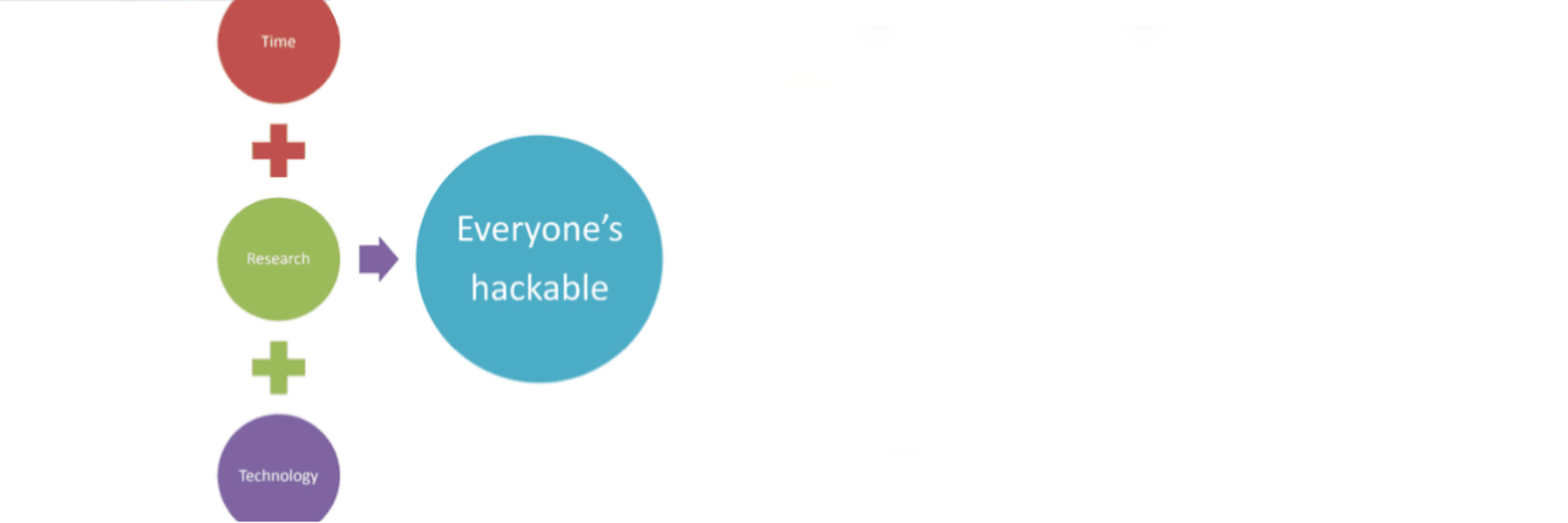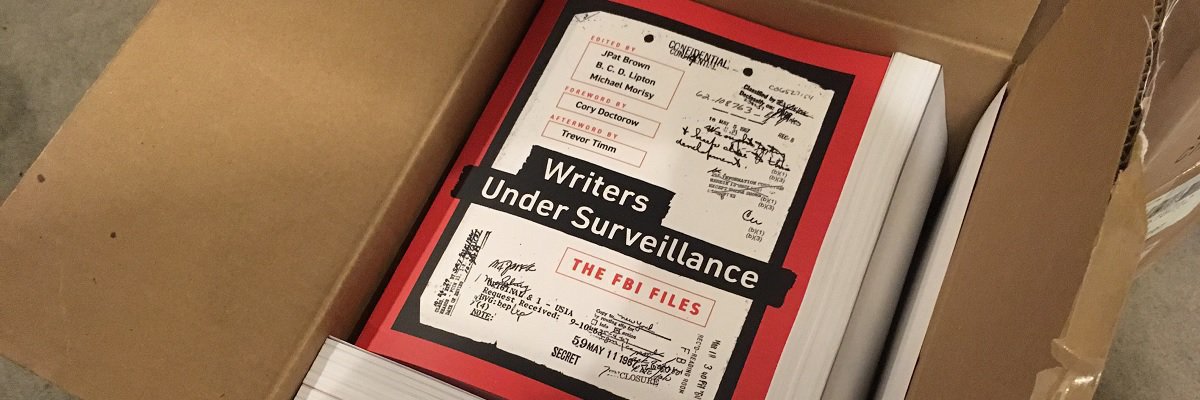Back in August, MuckRock user Paul Galante requested the Federal Bureau of Investigation’s files on its wartime “Postal Censorship” program. This week, the Bureau responded, having located approximately 83,000 pages. Despite the fact that the files will be released electronically through the FBI’s supposedly cost-saving portal, the Bureau is insisting Galante pay $2,485 in duplication fees.

Due to the important historical nature of these records, Galante has opened the request to crowdfunding.
We asked Galante to expound a bit on what these files contain, and the value of making them available to the public:
During World War II, the scope of the FBI’s intelligence duties expanded dramatically. Under newly granted war powers, the Bureau worked alongside military, postal officials, and the Office of Censorship (which executed most censorship duties in the US) in controlling American communications and monitoring the path of international mail. In most instances, these letters would be intercepted and passed on without incident. If topics were deemed sensitive, information would be excised or the letter would be sent back by postal censors. Occasionally, they would lead to larger investigations of antiwar sentiments, possible espionage, sabotage, or subversion of the war effort. This laid the foundation for a series of mail interception and tracking programs from the Hunter Project and GUS/SAM Surveys from the 1950s-1970s to today’s Mail Isolation Control and Tracking.
These files are expected to contain the extensive reporting of censorship activities in the United States, of civil international mail, military mail, and references to any investigations that arose out of intercepted mail. With this will likely come numerous references to other FBI files on wartime investigations, including “80-series” files on cryptography, “65-series” files on espionage, and the diplomatic message interception conducted by the FBI’s Special Intelligence Service. Any release of material from this file will be a benefit to historians and researchers of various specialties.”
Every dollar raised helps release dozens of pages, so even a small donation helps. Contribute below, or via the request page.
Image via FBI.gov




